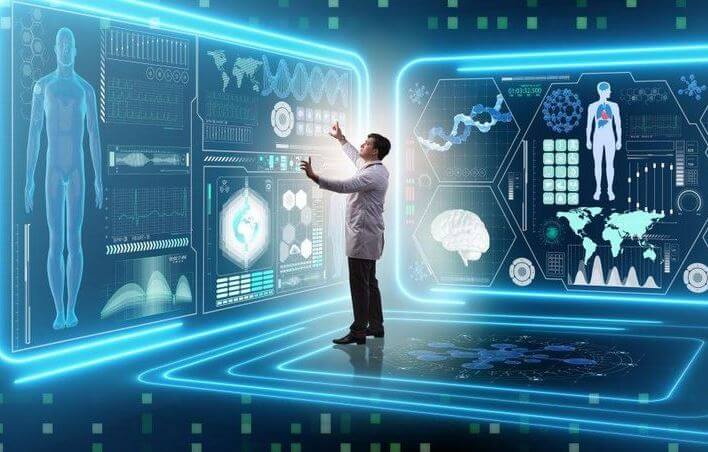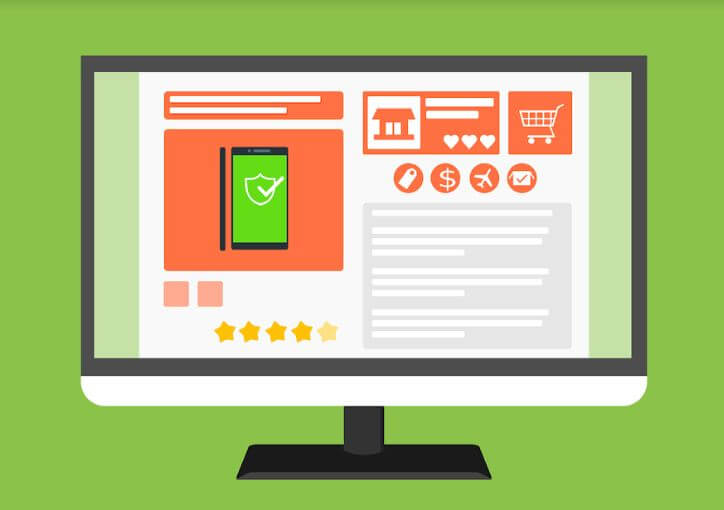AI and IoT are perfect together. A decade back, scientists, filmmakers, and writers have been astounded with the concept of artificial intelligence. From movies, such as “iRobot” by Isaac Asimov to the endearing movie “Star Wars” we see AI be the significant a significant role.
But you’re missing something.
You might not realize it, but without the IoT (Internet of Things), this would have been fairly possible.
According to Nikola Tesla, a Serbian engineer and scientist are known for designing the alternating-current (AC) electric system said, if the whole world was converted into a huge brain – there would be a need for an interconnected network of things as well. Else, how do you expect the brain to function? Simply put, if AI is the brain then IoT is projected as the body.
As our bodies sense the world and send information to the brain for processing, so does billions of sensors and cameras in IoT collect a large amount of operational data from the environment for AI. The data is sorted, analyzed, and converted into actionable insights. Based on the insights, IoT can easily act on it via devices such as industrial machines, drones, or robots.
AI and IoT: what’s the difference?
Though these terms share similar concepts, certain aspects that differentiate AI from IoT.
Artificial intelligence
AI also called the machine intelligence that has the potential to mimic cognitive functions of the human brain – further to assist in solving complex problems that are beyond human intelligence.
Internet of Things
IoT is the internetworking of several physical devices like electronics, sensors, actuators, cars, and homes, etc. they are any kind of devices that can communicate with each other.
Difference?
These are some of the top factors that differentiate artificial intelligence and IoT.
- Cost
The implementation of AI is considerable at a higher price as compared to IoT.
In AI, the charges for each case could cost between the range of ~ USD100k- 300k for fraud detection along with the cover charge.
Whereas for IoT, you can arrive at a price range of USD 50 thousand or lesser.
- Cloud computing
This is easily enhanced using AI to allow the machine to learn and act like humans. Using AI, machines have the potential to analyze and study the information obtained from the data and come up with positive decisions.
Multiple factors are now drawing the need for AI specialists. Combining these two technologies will benefit top employers and AI professionals alike.
- Analyzing data
AI deals with a huge amount of data, analyzes it, learns from it and modifies it to solve errors. With a huge amount of data that is produced daily, AI and machine learning become crucial for most organizations today.
IoT, on the other hand, has several numbers of sensors in their system that helps in identifying data and keeps it flowing, and removes the data only when required.
- Scalability
Talking of scalability, IoT takes the lead since it is cloud-based architecture. The formation of this architecture is made in a way that it makes the IoT more scalable if compared to AI. The sole reason is because of its cloud base structure which eliminates the extra need for any additional difficulty based connections.
Today, artificial intelligence is projected toward making the systems behave intelligently like humans would, whereas IoT is all about the sensors and it has no intelligence. The internet of things can help clean and share the data, but it cannot analyze data. Thus, AI and IoT make a great match together.
To drive the growth of organizations, AI specialists, AI engineers, and technologists will be needed by organizations today.
Together AI and IoT bring the best level of intelligence that not only makes the computer smarter but the devices that are interconnected.










